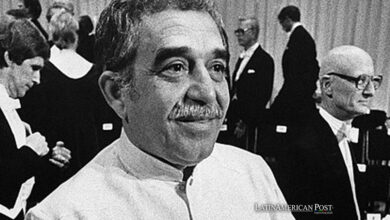Nobel prize for medicine awarded for investigation on the internal biological clock
The Nobel Prize committee awarded and recognized the work that Jeffrey Hall, Michael Rosbash, and Michael Young provided for the community

Leer en Español: Investigación sobre el Reloj Biológico gana premio Nobel de Medicina
Living beings are able to maintain a cycle. We are, usually, accustomed to being awake during the day and asleep during the night. But there are also some other not so conscious actions that depend on said schedule. For example, the mimosa plant opens its leaves during the day and closes them at night. Even when there is no light, the greenery keeps its “biological clock” or also known as its circadian rhythm. The study to understand this process was the winner of the 2017 Medicine Nobel Prize.
The Norwegian Nobel Committee gave Jeffrey Hall, Michael Rosbash, and Michael Young the medical highest recognition because they “were able to peek inside our biological clock and elucidate its inner workings”.
The three American scientists “explained how plants, animals, and humans adapt their biological rhythm so that it is synchronized with the Earth’s revolutions”. According to the research, living beings generate proteins that determine the operation of their internal systems.
In the 70’s, Seymour Benzer discovered the “period” gene, which controls the circadian rhythm. It was the one responsible of coordinating some of the living being’s functions, according to the time of day. Young, Rosbash, and Hall discovered that “the PER protein blocked the activity of the period gene. And with an inhibitory feedback loop, PER protein could prevent its own synthesis and thereby regulate its own level in a continuous, cyclic rhythm”.
Since 1984, the Nobel Laureates have been studying fruit flies to discover the function of every protein in the cell. According to the Nobel Committee, “Jeffrey Hall and Michael Rosbash, working in close collaboration at Brandeis University in Boston, and Michael Young over at the Rockefeller University in New York, discovered that the PER protein accumulated during the night and was degraded during the day. Thus, PER protein levels oscillate over a 24-hour cycle, in synchrony with the circadian rhythm”.
The discoveries of these three scientists have made the circadian rhythm a ” vast and highly dynamic research field, with implications for our health and wellbeing”. Young, Hall and Rosbash are scheduled to receive 8 million SEK (874.000 Euros) due to their findings.
Latin American Post | Santiago Gómez Hernández
Copy edited by Susana Cicchetto





